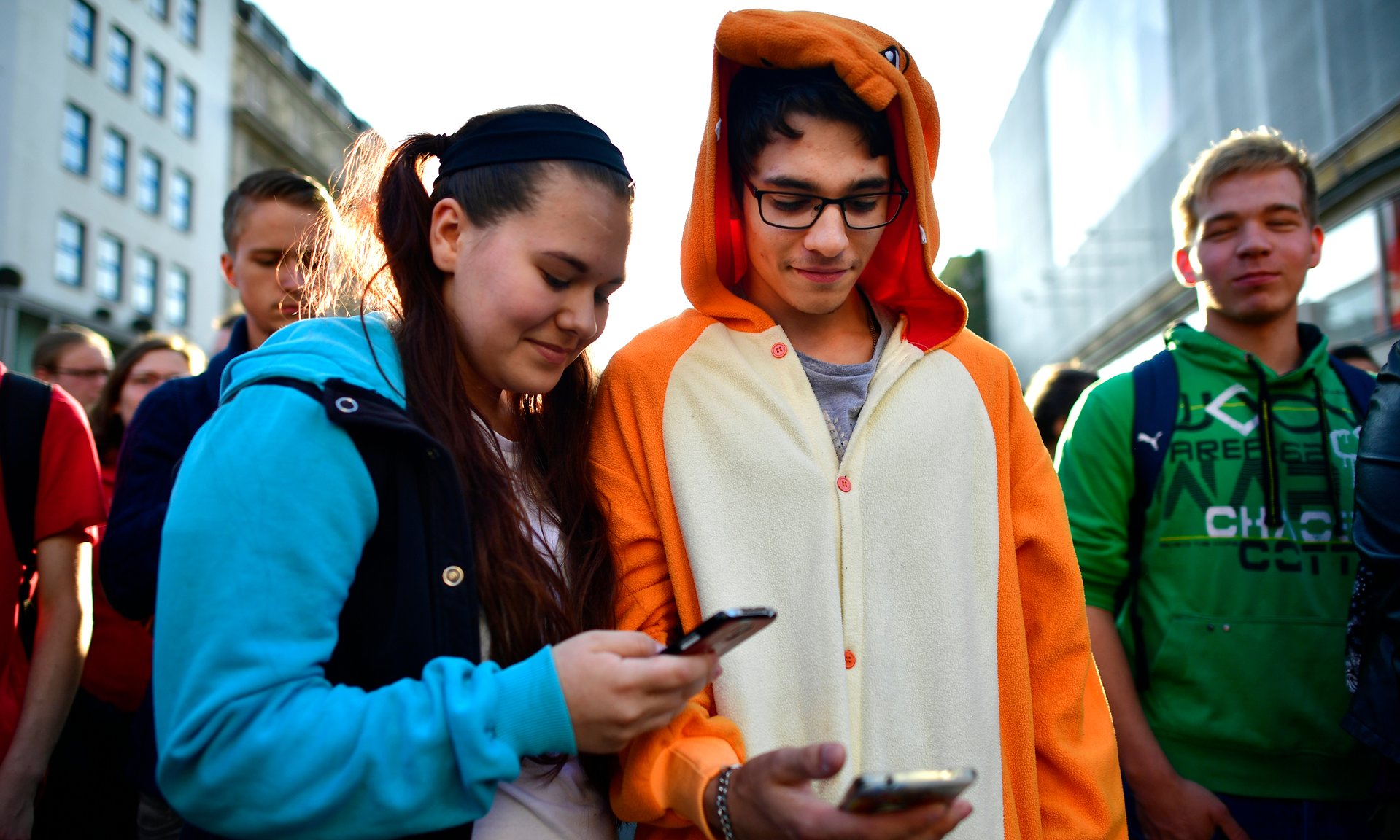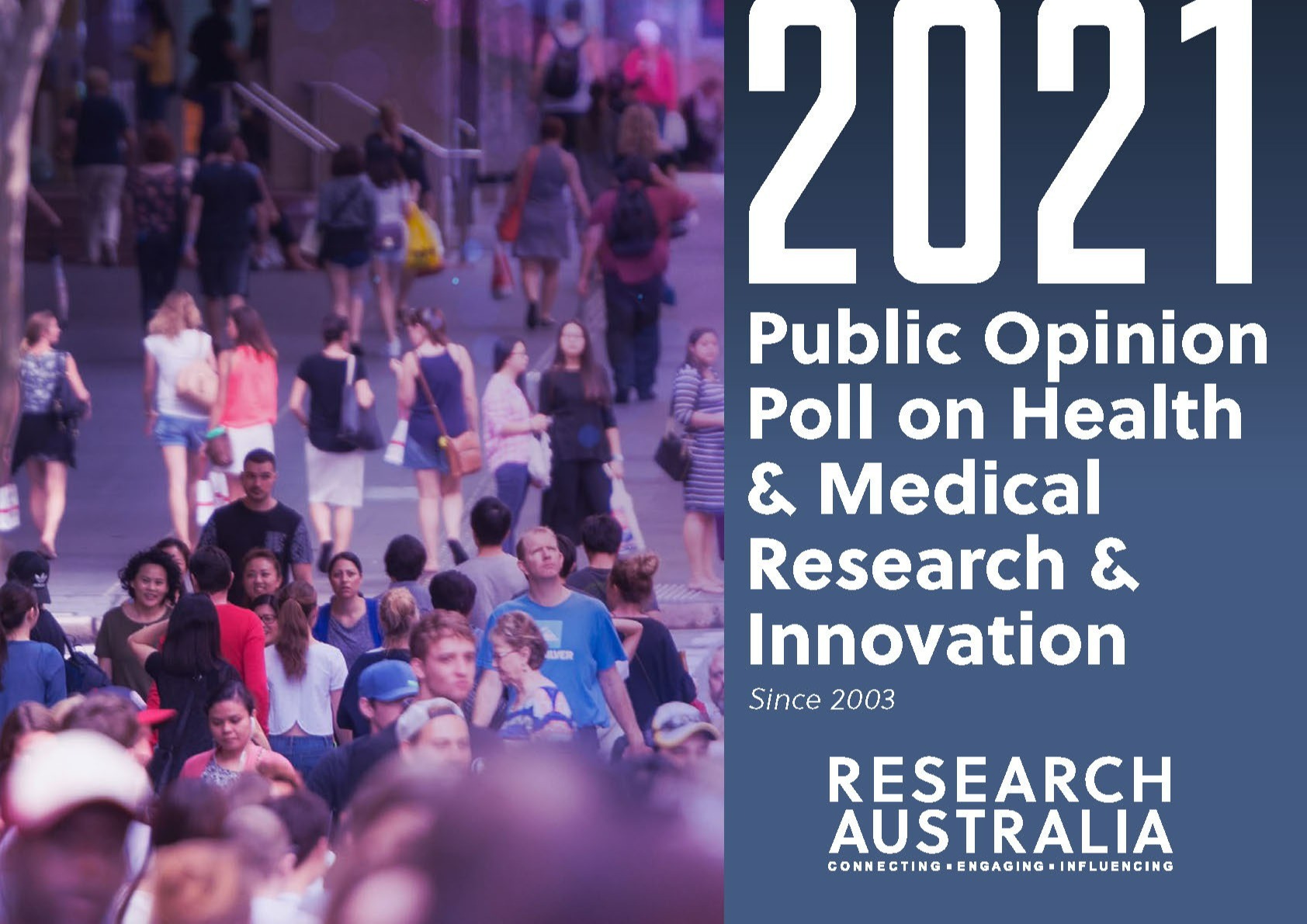Media Release: Monday 18 July 2016
Data from a forthcoming poll from Research Australia, an alliance of health and medical researchers, shows nearly one in five Australians use an activity tracking device daily or nearly daily.
Of the people who use activity trackers, three-quarters are prepared to share that data, on the proviso that it is anonymously used for health and medical research.
The annual Research Australia Opinion Poll was conducted by Roy Morgan from 30 May to 4 June, with a sample of 1040 people. Data is now being collated. The poll will be released in coming weeks.
This is where Pokémon Go – the wildly popular app that gets users out and about instead of behind their tablet or TV – has got the attention of the Australian health and medical researchers.
“There are a couple of things running in parallel here,” explains Research Australia CEO Nadia Levin.
“Firstly, you have an app which is getting gaming – often a sedentary affair – out of the living room and into the world, and that can only have immediate health benefits.
“Walking has been described as the nearest thing to a perfect exercise as it costs nothing, can be done almost anywhere and is suitable for people of all fitness and skill levels.
“But more broadly, the interactive and inherently social nature of Pokémon Go has implications for walking and running apps which often don’t really give back.
“Our survey showed that 19 per cent of the population currently actively tracks their exercise, and three quarters of those would be willing to share that data with health and medical researchers.
“Collecting mass data of a diverse segment of the Australian population is no easy feat – but with a mainstream app to do the heavy lifting, furthering that collection for research purposes is feasible.
“That’s why an app like Pokémon Go has got our attention, because if the statistics translate to gamers then we have a whole dataset that we can catch (pun intended) for research.
“A lot has been said up until now about the privacy implications from Pokémon Go, but not the incredible potential applications for the health and medical community. This is our Pikachu.”
Ms Levin said obviously people need to be safe and aware of their surroundings, and the excitement from researchers is not about one specific product or game, but the broader possibilities.
“What we are excited about is highlighting the possibilities of personalised medicine, and the power to be derived from harnessing technology to understand personal and global health,” she said.
Levin explains that personalised medicine will be the way of the future, so we will need personalised health data, which will involve participation of patients and the public outside laboratory settings.
“Researchers are investigating innovative methods for collecting data from ordinary people going about their day-to-day activities, and this kind of technology holds promise,” says Levin.
“At the moment, the data that could construct a picture of Australian exercise and health trends is somewhat constrained to people who actively engage with exercise apps and tools.
“If you can take away the markers of personal identification, then suddenly we could have a resource that could be used in the planning of personalised medicine.”
Media Contact: Phil McCall 0438 619 987 or 02 9234 3822
Image: www.theguardian.com



